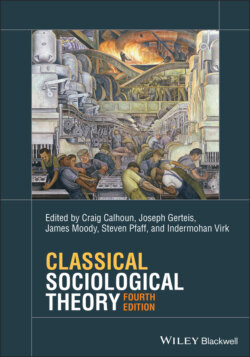Читать книгу Classical Sociological Theory - Группа авторов - Страница 68
NOTES
Оглавление1 1 I say a democratic people: the administration of an aristocratic people may be the reverse of centralized, and yet the want of newspapers be little felt, because local powers are then rested in the hands of a very small number of men, who either act apart, or who know each other and can easily meet and come to an understanding.
2 2 This is more especially true when the executive government has a discretionary power of allowing or prohibiting associations. When certain associations are simply prohibited by law, and the courts of justice have to punish infringements of that law, the evil is far less considerable. Then every citizen knows beforehand pretty nearly what he has to expect. He judges himself before he is judged by the law, and, abstaining from prohibited associations, he embarks in those which are legally sanctioned. It is by these restrictions that all free nations have always admitted that the right of association might be limited. But if the legislature should invest a man with a power of ascertaining beforehand which associations are dangerous and which are useful, and should authorise him to destroy all associations in the bud or to allow them to be formed, as nobody would be able to foresee in what cases associations might be established and in what cases they would be put down, the spirit of association would be entirely paralyzed. The former of these laws would only assail certain associations; the latter would apply to society itself, and inflict an injury upon it. I can conceive that a regular government may have recourse to the former, but I do not concede that any government has the right of enacting the latter.
